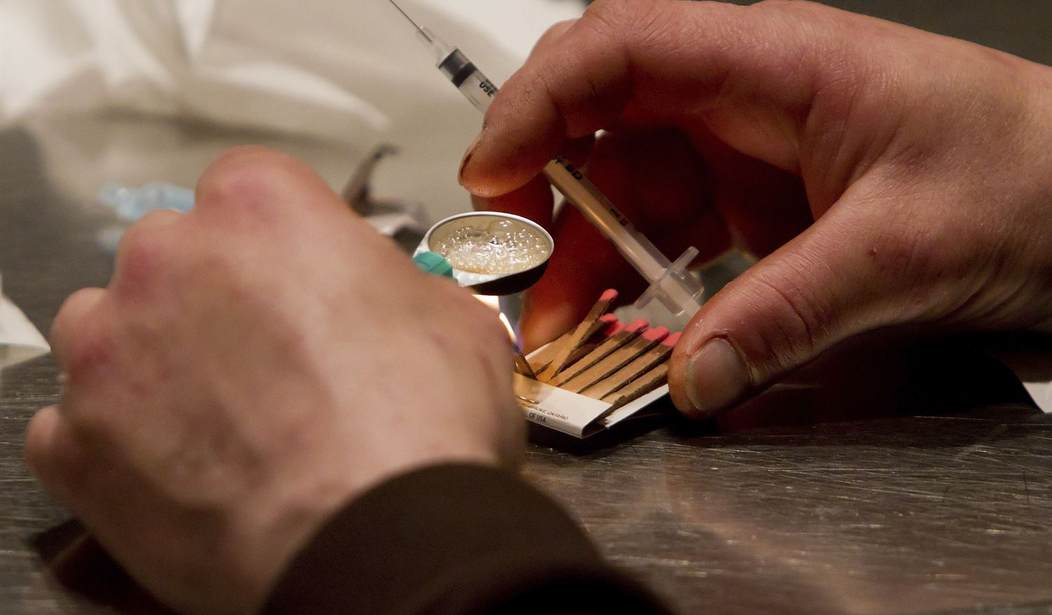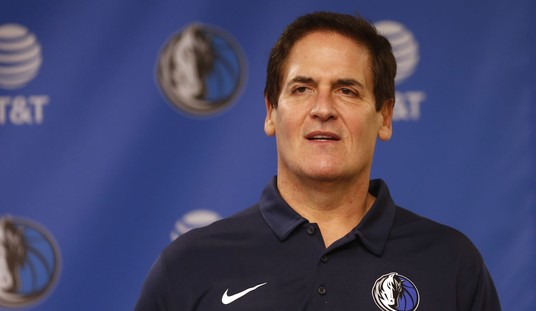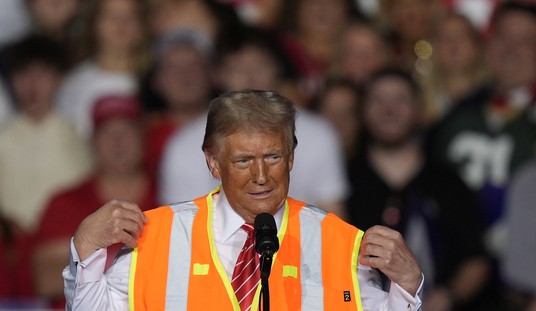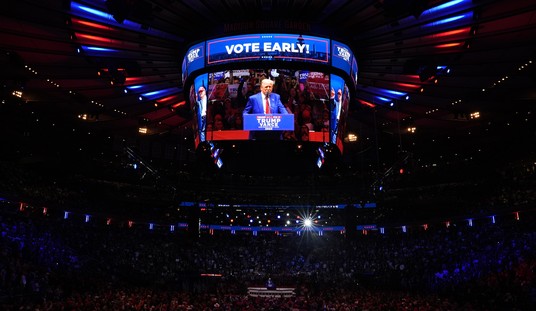Last January the Canadian province of British Columbia received permission from the federal government for a three-year pilot program decriminalizing the possession and use of hard drugs.
From Tuesday, adults can possess up to 2.5g of such drugs, as well as methamphetamine, fentanyl and morphine.
Canada's federal government granted the request by the west coast province to try out the three-year experiment.
It follows a similar policy in the nearby US state of Oregon, which decriminalised hard drugs in 2020...
The programme will run from 31 January 2023 until 31 January 2026, unless it is revoked by the federal government.
If you've been following the decriminalization effort in Oregon then you already know where this is headed. Earlier this year, Oregon had second thoughts about decriminalization after the number of overdoses began to climb in Portland.
Similarly, there was an increase in the number of overdoses in British Columbia, especially Vancouver. Within months of decriminalization taking effect, cities within the province tried to limit the impact on the public by restricting the use of drugs in public spaces like parks and playgrounds.
The mayor of Kelowna, B.C., says the city is lobbying the province to exclude parks from drug decriminalization rules that took effect this year...
"We would be in favour, as a city, to have parks and playgrounds also incorporated into excluded areas."...
Sicamous in B.C.'s Shuswap region is still considering whether to adopt a similar bylaw.
Mayor Colleen Anderson says as elected officials, she and her councillors bear a duty to protect local residents from illicit drug use in public parks.
There was enough pushback that by September of last year British Columbia decided to pass the "playground amendment" which would limit the possession and public use of drugs in parks and playgrounds for the duration of the pilot program.
The B.C. government says it has received approval from Ottawa to ban the possession of illegal drugs near playgrounds and other areas used by children for the duration of the province's decriminalization experiment.
The province announced Thursday that the new restrictions will be in effect starting Sept. 18 and will prohibit anyone from possessing illicit drugs within 15 metres of playgrounds, spray pools, wading pools and skate parks...
The mayors of Vancouver, Victoria and Courtenay have all applauded the new restrictions, along with the B.C. Association of Chiefs of Police.
The changes under the "playground amendment," officially known as the Restricting Public Consumption of Illegal Substances Act, were pretty mild. It instructed police not to arrest anyone who violated the law but to simply move them along, away from the park or playground in question. That might have been the end of it if not for the intervention of the courts.
In a Dec. 29 injunction, B.C. Supreme Court Chief Justice Christopher Hinkson ruled that it would impose “irreparable harm” if drug users were warned away from public areas — even if that came at the expense of public parks filled with biohazardous drug paraphernalia and other “social harms” such as “unpredictable behaviour.”
...the entire decision was premised on Section 7 of the Charter of Rights and Freedoms. In essence, Hinkson ruled that B.C.’s attempt to restrict open drug use in public areas was a violation of “the right to life, liberty and security of the person.”
This, in turn, was premised on Hinkson accepting the assertion by the plaintiff — the Harm Reduction Nurses Association — that any restriction on drug use in public areas would prompt “lone drug use” and increase the number of British Columbians dying from fatal overdoses.
“It is apparent that public consumption and consuming drugs in the company of others is oftentimes the safest, healthiest, and/or only available option for an individual,” he wrote.
In essence, the argument was that British Columbia was better off with addicts using fentanyl in parks and playgrounds (rather than in a more isolated spot) because then they'd be safer if they overdosed. So if little Timmy and Sally are going out to the park, remind them to bring Narcan.
The supreme court injunction was temporary but it signaled that locals would not be able to legislate their way out of the problem they had created for themselves. But this week, the province has reversed course with approval from the federal government.
Public drug use became illegal in British Columbia once again on Tuesday, after the federal government granted the province's request to scale back its drug decriminalization pilot.
The change represents a major policy climbdown for the provincial NDP government more than a year into the three-year pilot program with Ottawa that is aimed at tackling the deadly overdose crisis.
The Canadian press is now accusing conservatives of seizing on the reversal on the policy. So here's Pierre Poilievre making the case that this was a terrible idea from the start.







Join the conversation as a VIP Member